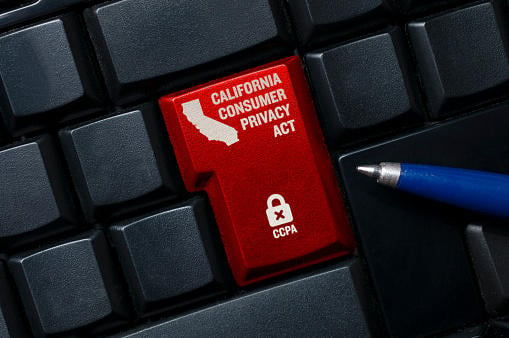The California Consumer Privacy Act may be a beacon of hope for consumers who want to take the reins back from Big Brother. The law is the brainchild of Californians for Consumer Privacy Founder Alastair Mactaggart, who helped fund the ballot initiative that eventually became law.
CCPA — which will take effect on Jan. 1 — will offer individuals the right to prevent data collection companies from selling their personal information. It also gives consumers the right to understand how companies plan to use their data and sue in the case of specific violations.
The first of its kind, the law may give a green light to other states seeking to avoid the approval quagmire of similar federal privacy initiatives in favor of introducing local efforts.
As reported in a recent USA Today article, though the new law gives consumers certain rights, it may not give them the wherewithal to exercise them. For example, under the CCPA, offenders can be fined from $2,500 to $7,500. However, the consumer cannot directly sue the offender; that right belongs to California Attorney General Xavier Becerra. The law also places the burden of action on consumers, who must proactively file forms with each company to request opt-outs.
For their part, companies must confirm compliance with requests made by California residents within a certain period of time. However, some companies argue that the law unfairly impacts small businesses. In addition, many believe that the parameters related to personal information are unclear.
While the current iteration of CCPA may add to the privacy-conscious consumer’s to-do list and the fines may seem quite small, the new law is a step in the right direction. It puts data companies and advertisers on high alert, and provides recourse for consumers that previously didn’t exist. That, in and of itself, is no small feat.

